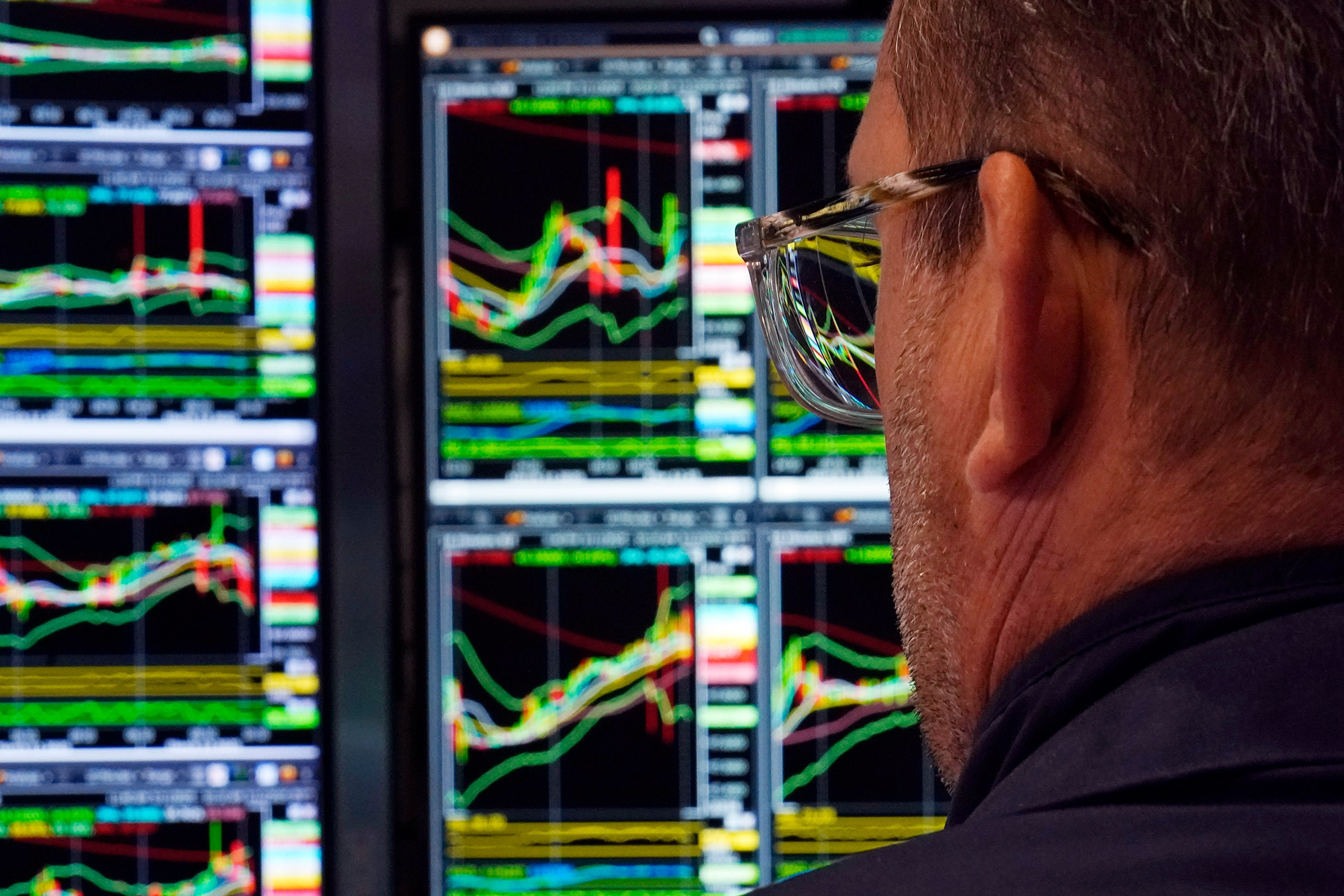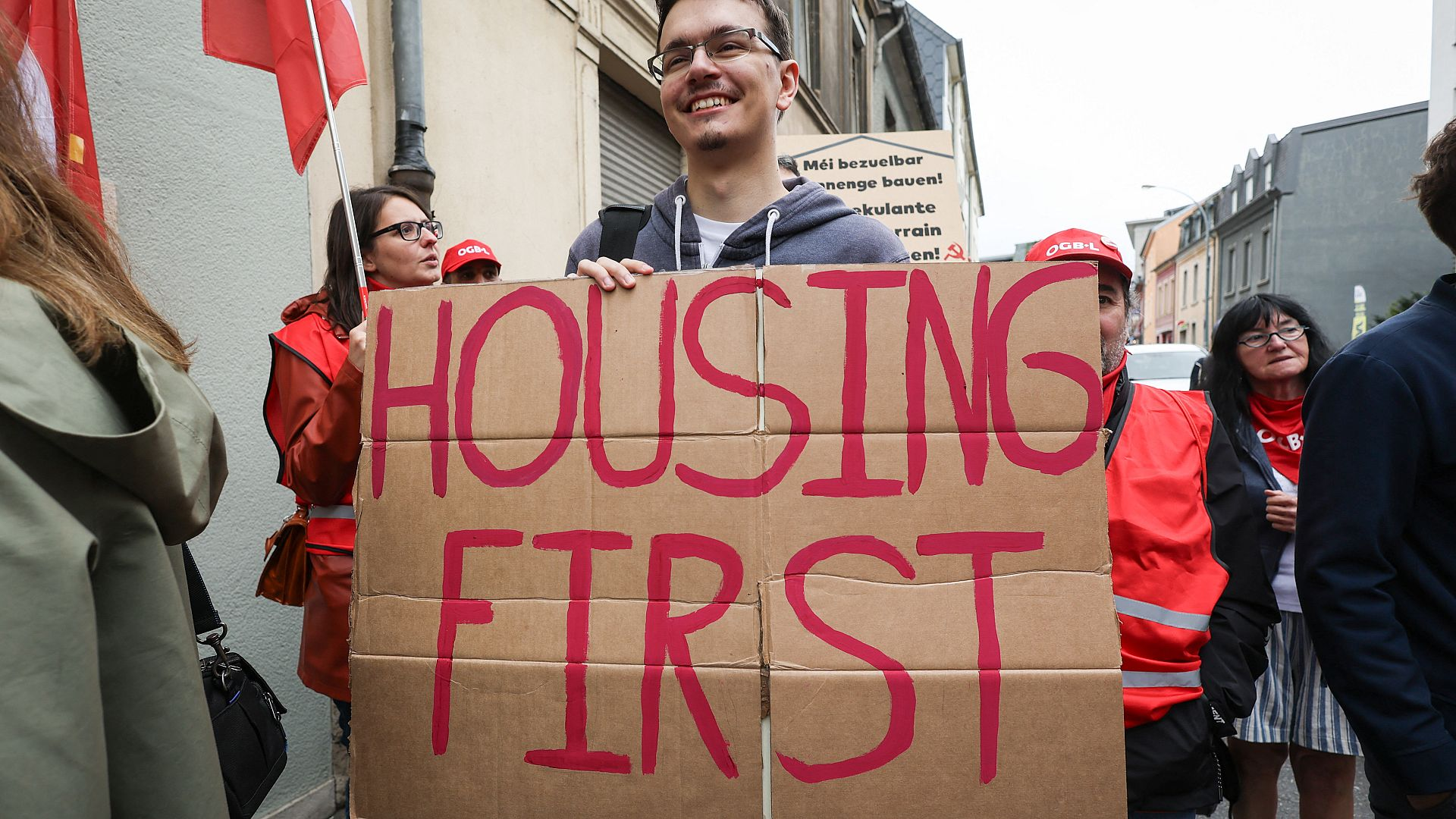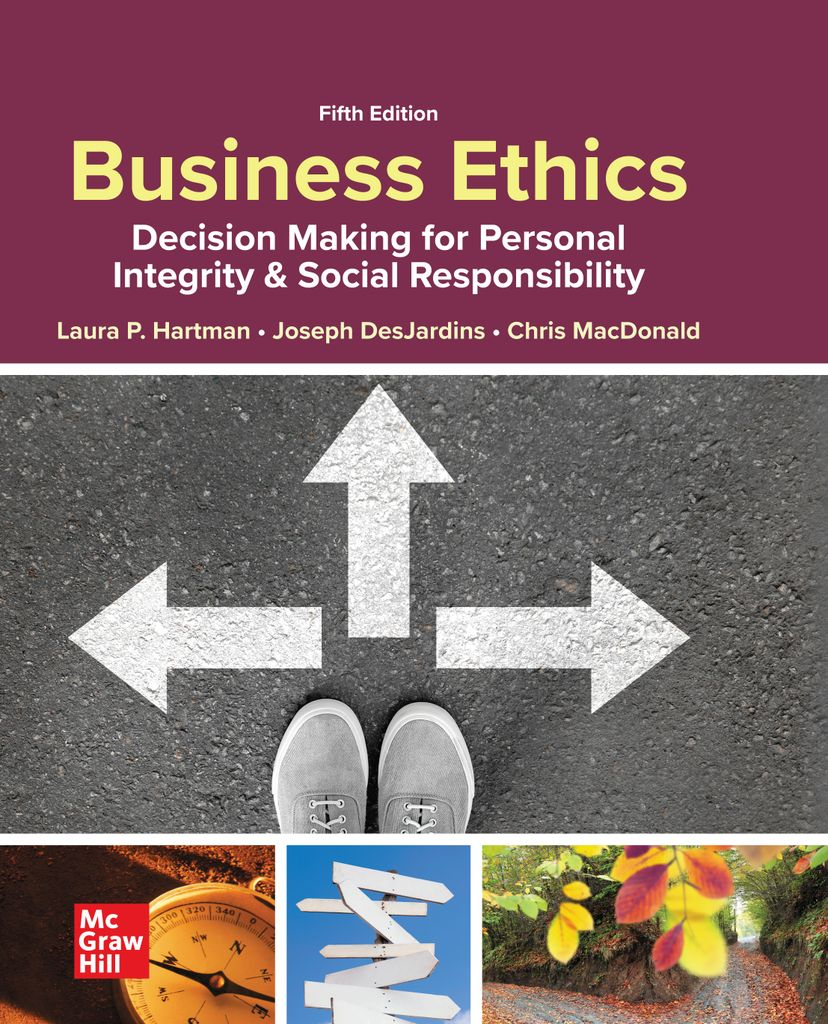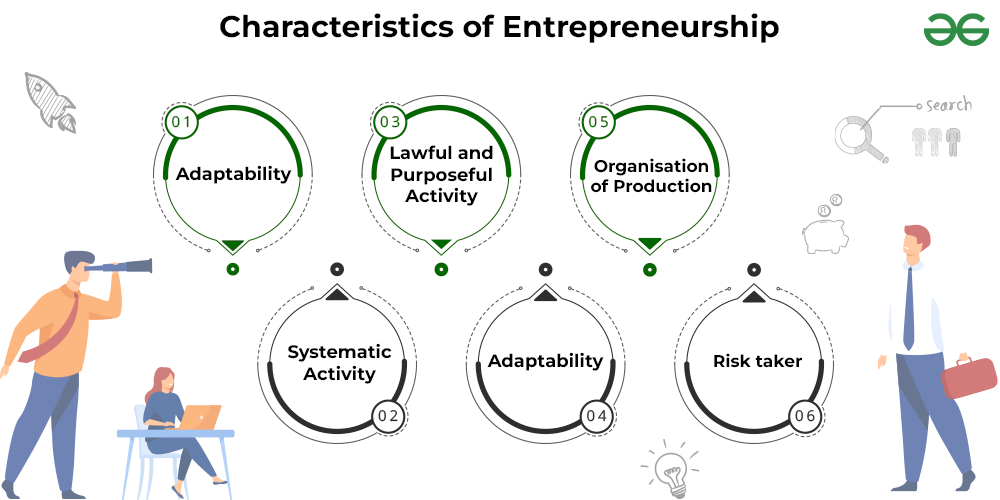The U.S. economy outlook has become increasingly uncertain as recent developments have raised concerns among investors and analysts alike. With the Federal Reserve weighing interest rates amidst rising inflation, the potential risks of a recession loom large over financial markets. The ongoing trade war, notably accelerated by the imposition of tariffs by China, Mexico, and Canada, has further complicated the economic landscape. This turmoil has been reflected in the declining consumer confidence, as the University of Michigan’s sentiment index hit its lowest since late 2022. As stakeholders navigate these dynamics, understanding the impact of tariffs and government spending policies will be crucial in forecasting the U.S. economic trajectory.
An exploration of the current financial climate in the United States reveals an array of challenges affecting the economic landscape. The state of the nation’s financial system is precarious, with indicators suggesting a possible downturn driven by shifting consumer sentiments and trade disputes. The behavior of the Federal Reserve regarding interest rates plays a pivotal role in influencing market stability amid mounting recession fears. Compounding these issues are the repercussions from international trade skirmishes, which bear significant implications for domestic manufacturing and investment confidence. As we assess the health of the economy, the interplay between consumer attitudes and geopolitical tensions emerges as a critical factor to watch.
Analyzing the U.S. Economy Outlook Amidst Trade War
As the trade war unfolds between the United States and its key trading partners, analysts voice increasing concern over the long-term implications for the U.S. economy. The ongoing tariff impositions by countries like China, Mexico, and Canada in retaliation to President Trump’s policies are seen as a substantial risk factor. A strong possibility lies in these trade tensions leading to a recession, as consumer spending may dwindle due to rising prices on imported goods. This backdrop raises crucial questions about how these tariffs will impact consumer confidence, which has already been hit hard, as demonstrated by the latest findings from the University of Michigan.
With the Federal Reserve waiting in the wings to evaluate potential interest rate adjustments, these market dynamics create an atmosphere of uncertainty. If consumer confidence continues to decline, it may push the Fed towards reconsidering its current monetary policy. Economic indicators suggest that a significant contraction could be on the horizon if the trade conflict does not find resolution. Investors and policymakers alike must remain alert to the evolving landscape, especially given the sensitive balance between sustaining employment and controlling inflation.
Understanding U.S. Recession Risks in 2025
Given the current economic climate, it’s crucial to understand the broader recession risks facing the U.S. in 2025. Emerging signs highlight several factors that could trigger economic downturns, notably escalating tensions in international trade, a potential stock market crash, and significant government spending cuts. Increasingly, experts warn of the possibility of a recession impacting the U.S. economy within the next year, escalating fears that could further diminish consumer confidence. The lingering risks posed by a trade war intensify these concerns, presenting a formidable challenge to growth sustainability.
Moreover, mounting fears around federal financial management, heightening risk perception, and the chaos of changing government policies seem to be fostering an unstable economic environment. With the Federal Reserve caught between a rock and a hard place regarding interest rates, the situation could worsen if proactive measures aren’t taken soon. Should hiring and investment practices stall, the economy could quickly enter a recessionary phase, which would set off a chain reaction affecting employment and disposable incomes at various levels.
Impact of Tariffs on Consumer Confidence
The imposition of tariffs by the U.S. government has significant ramifications for consumer confidence, which is showing signs of distress as indicated by recent surveys. The perception of increased costs due to higher prices on imported goods can lead to a decline in consumer spending, as households become more cautious about their expenditures. This is particularly critical, considering consumer spending is a primary driver of the U.S. economy. If consumers perceive that their purchasing power is eroding due to tariffs, they may reduce their spending habits, which could exacerbate the downturn.
Furthermore, the direct correlation between tariffs and consumer confidence highlights a troubling cycle; as confidence wanes, reduced spending contributes to slower economic growth, which can, in turn, lead to rising unemployment rates. Businesses, facing an uncertain future, might curtail hiring or freeze wages, amplifying feelings of economic insecurity among consumers. This feedback loop reinforces the precarious nature of tariffs and their impacts not only on trade relations but also on the crucial sentiment that fuels the economy.
Federal Reserve Interest Rates: Balancing Act Ahead
The Federal Reserve finds itself in a particularly challenging position, as it navigates the turbulent waters of decisions surrounding interest rates amid growing concerns for the American economy. The potential for rising inflation coupled with stagnating growth puts the Fed in a precarious balancing act. Should the central bank decide to lower interest rates in response to a faltering economy, it risks fueling further inflation; conversely, maintaining high rates could choke off necessary investment and spending initiatives needed to stimulate growth. This dilemma is exacerbated by external pressures emanating from trade disputes and consumer behavior.
Policymakers within the Fed must closely monitor key economic indicators as they deliberate the course of action, weighing the unknown impacts of tariffs on the trade landscape and overall economic conditions. Should rates remain unchanged in the face of rising economic uncertainties, the Fed may inadvertently contribute to a slowdown that could exacerbate the recession risks already on the horizon. Hence, their upcoming decisions regarding interest rates will be critical in defining how well the U.S. economy copes with these moments of fiscal and trade turbulence.
Trade War Effects: Immediate and Long-Term Consequences
The ongoing trade war between the U.S. and its largest trading partners has far-reaching effects that could reshape economic and market landscapes both now and for years to come. Immediate consequences include heightened volatility in stock markets, due to reactions to tariff introductions, which have spooked investors and created a climate of uncertainty. Over time, these tariffs could lead to a reshaping of supply chains as companies evaluate their reliance on international trade. Businesses may seek to mitigate risks by relocating production closer to home, which could have significant implications for global economic interactions and pricing structures.
Long-term consequences may involve shifts in consumer behavior, as long-term tariff structures can alter purchasing patterns. If tariffs remain in place for the extended term, consumers will likely adapt by seeking cheaper domestic alternatives or foregoing certain goods altogether. This shift in consumption can stifle innovative growth in the affected sectors and lead to a significant reallocation of resources in the economy. As businesses adjust to the new norms of trade relations, the overall productivity of the economy could face challenges in adapting to these hurdles.
The Role of Government Spending in Economic Stability
Analyzing government spending in relation to economic stability reveals its crucial role in supporting vital economic sectors amidst growing fears of recession. Federal expenditures can act as a stabilizing force, providing necessary funding for infrastructure, education, and healthcare, which ultimately supports job creation. However, recent proposals for substantial cuts to government spending have raised alarms among economists regarding their potential to exacerbate current economic vulnerabilities, particularly as consumer confidence remains fragile.
The interplay between government spending and economic health cannot be understated, especially in times of crisis. Reductions in spending could lead to higher unemployment rates and decreased disposable income, provoking a downward spiral that suffocates consumer spending and overall economic activity. Thus, the policy decisions made in Washington regarding budget allocations and cuts can have profound implications for the resilience of the economy as it navigates this precarious phase.
Navigating the Future: What Lies Ahead for the U.S. Economy
As we look ahead, the future of the U.S. economy remains uncertain, with numerous factors at play that could drive it toward either recovery or recession. Key indicators such as consumer confidence, stock market performance, and responses from the Federal Reserve regarding interest rates will provide crucial signals of where the economy is headed. Importantly, managing the effects of the trade war is paramount to preserving economic stability.
Moreover, individuals and businesses alike must adapt to what could be a prolonged phase of uncertainty. Strategic conversations surrounding tariffs, inflation, and consumer behavior will ultimately shape not just the next fiscal quarter, but the overall economic trajectory for years to come. Should policymakers act judiciously amidst these complexities, we may yet witness a turn toward more robust economic health, characterized by renewed investment and consumer engagement.
The Impact of Risk Perception on Economic Growth
In an era marked by swift changes in trade policies and governance, risk perception plays a pivotal role in economic growth. As uncertainty permeates the market due to tariffs and fluctuating government policies, both consumers and investors often adopt a more conservative stance. This cautious behavior can stymie spending and investment, crucial components for cultivating economic vitality. The fear of potential recessions leads to increased saving rates as households and businesses prepare for the worst, detracting from immediate economic growth.
Furthermore, when businesses sense uncertainty, they may delay hiring and expansion decisions, choosing instead to adopt a ‘wait and see’ approach. This stagnation can negatively impact job creation and the sourcing of new innovations, which are vital for long term economic health. Ultimately, managing these perceptions of risk through clear communication and stable policies from government and the Federal Reserve will not only ease immediate concerns but promote an environment conducive to investment and consumer trust.
Frequently Asked Questions
What are the current U.S. economy outlook predictions amidst recession risks?
The current U.S. economy outlook indicates a growing concern over recession risks, especially as consumer confidence has notably dropped. The ongoing trade war and the erratic tariff policies have exacerbated fears among investors, increasing the likelihood of a recession within the coming year.
How does the impact of tariffs affect the U.S. economy outlook?
The impact of tariffs on the U.S. economy outlook is negative, as these levies have led to increased prices and reduced consumer confidence. Analysts warn that prolonged trade disputes could hinder economic growth, making it more difficult for the U.S. to avoid potential recession.
What role do Federal Reserve interest rates play in shaping the U.S. economy outlook?
Federal Reserve interest rates have a crucial role in the U.S. economy outlook. As the Fed faces the challenge of controlling inflation while supporting economic growth, decisions on interest rates can affect borrowing, investment, and overall economic activity, influencing recession risks.
How does consumer confidence relate to the U.S. economy outlook?
Consumer confidence is a critical factor in the U.S. economy outlook. A decline in consumer confidence, as reported recently, can lead to decreased spending, which is vital for economic growth. This decrease raises concerns about the potential for recession and economic slowdown.
What are the trade war effects on the U.S. economy outlook?
The trade war effects are detrimental to the U.S. economy outlook, contributing to increased uncertainty and risk perception. Tariffs have not only impacted domestic industries but also affected the stock market, leading to fears of a recession due to weakened market sentiment.
| Key Point | Details |
|---|---|
| Economic Outlook | The U.S. economy is facing potential recession risks due to external trade pressures and domestic policy instability. |
| Trade War Effects | Tariffs imposed by key trading partners could lead to prolonged economic difficulties, impacting investor confidence. |
| Consumer Sentiment | The University of Michigan’s consumer sentiment index hit its lowest since November 2022, indicating waning public confidence. |
| Federal Reserve’s Dilemma | The Fed must balance between cutting rates to stimulate the economy and maintaining them to control inflation. |
| Sector-specific Concerns | Increased instability is causing sectors such as real estate and healthcare to adopt cautious approaches. |
| Overall Risks | Factors such as trade conflicts, stock market fluctuations, and government spending cuts raise the likelihood of an economic downturn. |
Summary
The U.S. Economy Outlook indicates significant uncertainty is looming as key indicators suggest a higher risk of recession due to various economic pressures. Recent tariff actions have sparked fears of a prolonged trade war, adversely affecting market performance and consumer sentiment. With employment growth slowing and a critical Federal Reserve decision on interest rates pending, the economic landscape appears precarious. To navigate these turbulent times, stakeholders must focus on fostering stability and confidence in both domestic and international markets.



